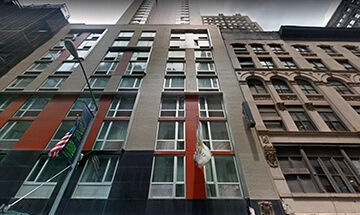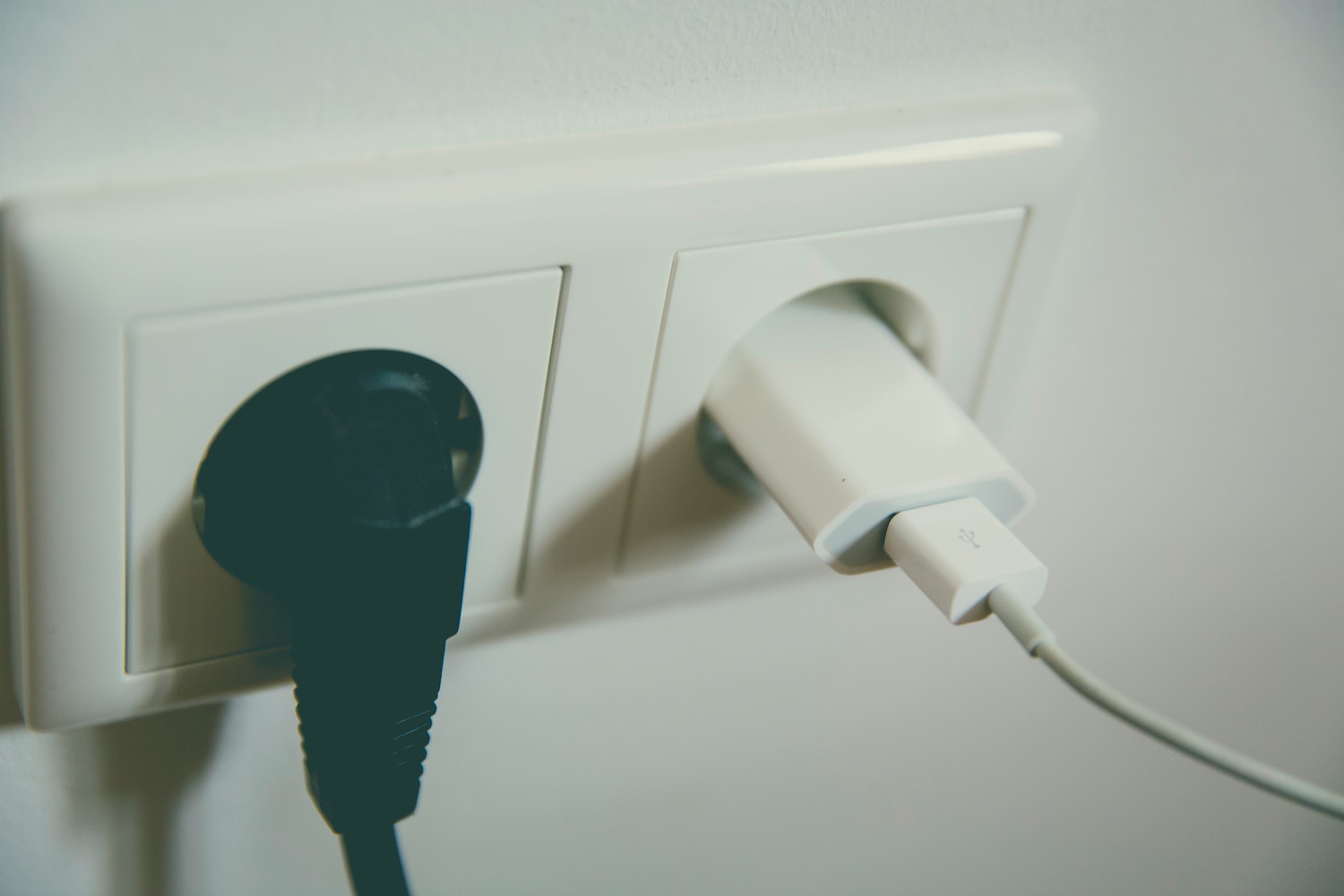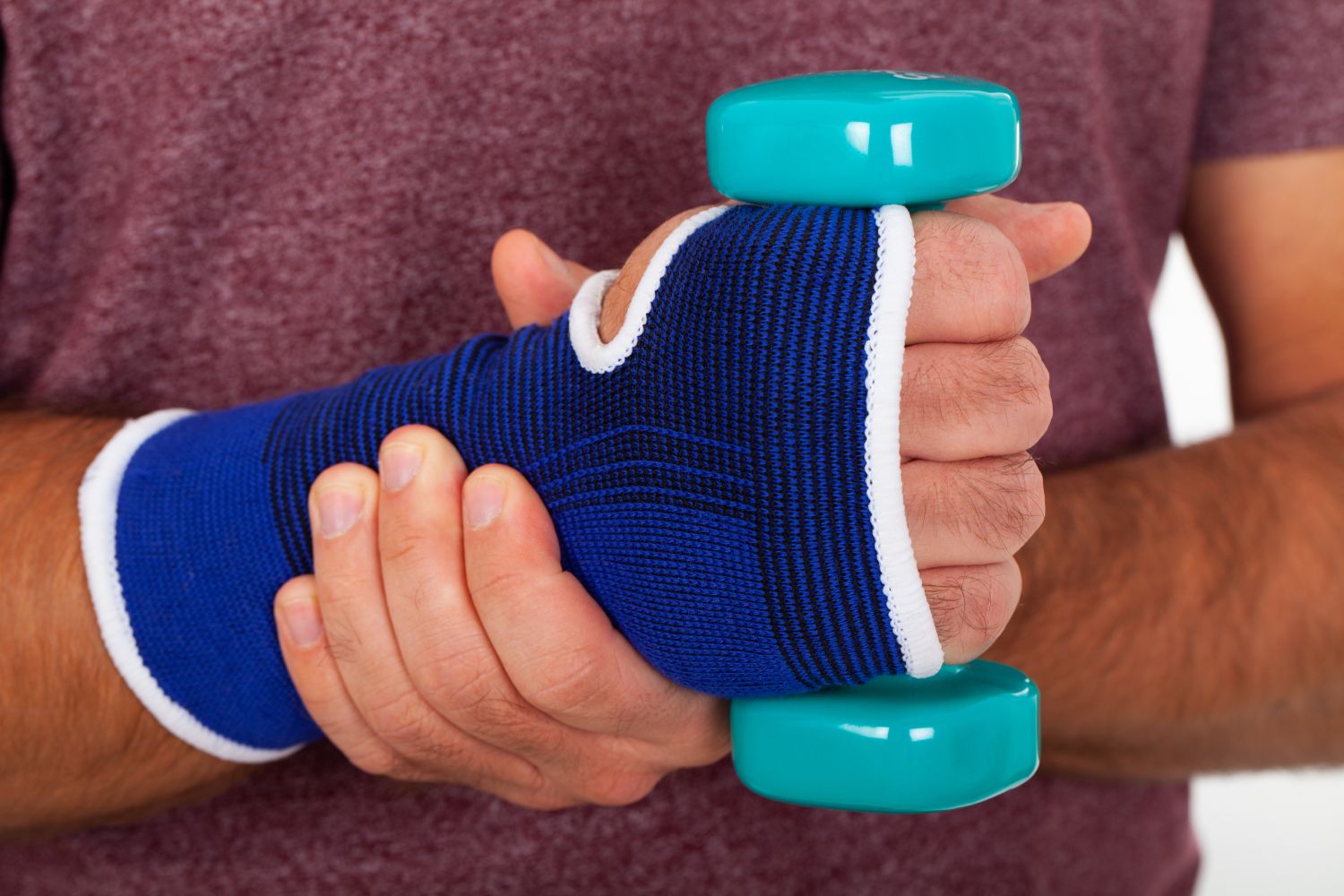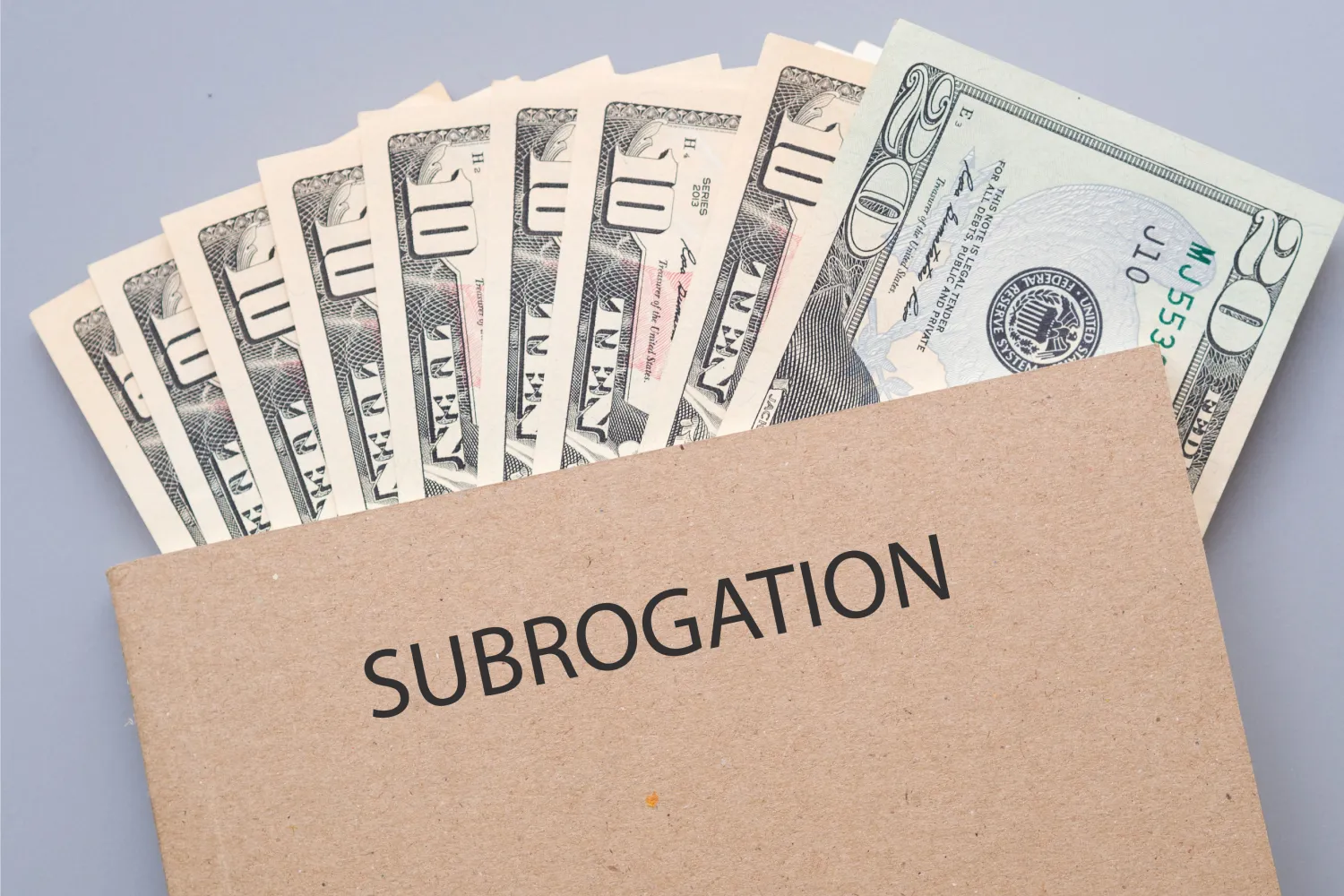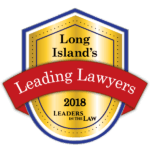Occasionally, when purchasing a new product, it may cause injury and/or result in property damage. Even if the plaintiff’s injury might partially be their fault, they could have grounds for a product liability lawsuit, especially if the product in question has been made negligently or has one or more manufacturing errors.
Still, knowing whether a lawsuit is the right legal course of action for you and your family can be tough. Schwartzapfel Lawyers is here to help, so contact us online or call 1-516-342-2200 for a free case evaluation now!
Product Liability Explained
In tort law, product liability is a concept that notes a product’s manufacturer or seller could be held legally liable for product defects and, more importantly, damages or injuries caused to customers and users.
For example, imagine purchasing a new product, such as a power tool. However, when you use the power tool, it quickly overheats and causes damage to your property or your hands. You could have grounds for a product liability claim because the tool was created improperly and had one or more defects.
In a product liability lawsuit, you allege that the product manufacturer or seller/distributor either knowingly or negligently sold the product to you, causing damages as a result. This can include: retailers, insurance companies, shipping companies or others in the chain of distribution, wholesalers, real estate, pharmaceutical companies, anyone involved in the manufacturing process, and more. Note: All are vulnerable to product liability law, especially if the product malfunction results in a personal injury.
Product liability can apply in cases of both:
- Negligence. For instance, even if a product manufacturer is unaware of a defect, you could still file a product liability lawsuit against them because, in theory, they bear the responsibility to ensure the product’s safety before selling it.
- Intentional action. If a product manufacturer is aware of a dangerous or harmful defect in their product and still chooses to sell it, they are operating illegally and may be liable for substantial damages.
Please note, however, that jurisdiction, labeling, product design, and other factors can affect your liability suit. A seasoned law firm like Schwartzapfel Lawyers can help you navigate the legal action process and recover entitled damages for medical costs, bodily injuries, and more, no matter the type of product liability claim.
Res Ipsa Loquitur
Two rules or doctrines determine which party is responsible for product liability. The first is called “res ipsa loquitur.” In a nutshell, this Latin phrase which means “the thing speaks for itself,” says that the defect in a product wouldn’t exist unless someone were negligent within the product manufacturing team. This is more common when the case revolves around a dangerous product or its component parts.
If you invoke this doctrine in a product liability case, the plaintiff likely won’t have to prove how the defendant was negligent. Instead, the defendant in a product liability case must prove they were not negligent. It’s only applicable in situations where it’s obvious, legally speaking, that negligence led to a product error or defect.
Strict Liability
The other doctrine is that of strict liability. If strict product liability is applied to your legal case, you as the plaintiff still don’t need to prove that a manufacturer was negligent. Instead, your burden of proof focuses on the product; you must prove that the defective product was bad or defective somehow.
This is a useful doctrine for you. It means you could recover damages where you might not otherwise since fault doesn’t enter the equation. To help you determine areas in which you could recover damages, call the seasoned team at Schwartzapfel Lawyers at 1-516-342-2200 or visit us online now!
When Can Product Liability Apply To A Case?
Product liability cases can only apply if a number of conditions are met.
First, a product has to have been sold in the marketplace. The product can be sold to another business or an end consumer, like a store customer. In the past, a contractual “privity of contract” or contractual relationship also had to exist between a person injured by a product and the supplier of the product for a product liability case to be possible.
That requirement no longer exists in most states, including New York State. Instead, a person doesn’t even have to be a purchaser of a product to recover damages. If you or a loved one could have foreseeably been injured by a defective product, you could recover damages so long as someone else was sold the product.
For example, imagine a circumstance where a workplace machine was sold to a number of businesses, including yours. That workplace machine is later discovered to have a serious defect that could cause harm to you or your employees. In that case, you could sue the manufacturer even if you and your employees haven’t yet been harmed by the product. This is why many businesses perform product recalls.
Does Product Liability Apply To Cases With Inherently Unsafe Items?
It depends on the circumstances of the case. Products are sometimes “unavoidably unsafe” because of their natures. As an example, a knife is always dangerous since it has a sharp edge that can be used to cut or stab.
Therefore, it’s virtually impossible to sue a knife company for being cut by the knife, especially if it is because of operator error (e.g., your finger slipped while using the knife, so you cut yourself). However, product manufacturers and sellers are legally obligated to provide users with ample warnings about the dangers of the products.
For instance, if a medical company releases a new drug designed to treat pain, the medical company is legally obligated to know all the potential side effects and dangers that come with the drug. If the medical company doesn’t do this, it could be liable for product liability, especially if one or more people are injured because they weren’t warned about the risk of harm in mixing drugs, not taking the drug after a certain amount of time, etc.
Because the details of product liability cases can be difficult to parse, it’s important to contact knowledgeable attorneys like Schwartzapfel Lawyers. Our capable, seasoned attorneys are the ideal individuals to contact if you have questions. With over (150) years of collective experience, we’re ready and waiting to help with your case. Contact us online or at 1-516-342-2200 for a free consultation today!
Types Of Product Defects
Technically, several types of product defects could lead to a product liability lawsuit. These include but are not limited to:
- Design defects. Design defects are inherent to a product because they existed before it was made or manufactured. In New York State, a product liability plaintiff must prove that a design defect existed to recover compensation.
- Manufacturing defects. Manufacturing defects happen during the construction or production process. They can be proven by showing the product in question was damaged or through other physical evidence.
- Marketing defects. These defects occur through improper instructions or a failure to warn consumers of dangers in the product. For example, if a medical product has the potential to cause harm, the medical product manufacturer has to state this on the product somewhere and in plain, understandable language to the consumer. These defects are also called failure to warn defects.
- Breach of warranty. If a product comes with an express or implied warranty, and the manufacturer does not abide by the warranty’s terms, it is technically a type of product defect. Thus, the consumer could be able to take the manufacturer or seller of the item to court.
Can You Sue For Product Liability In New York State?
New York State law allows injured victims to sue for product liability and pursue alternative means of resolution. However, you must be able to show that you or a loved one was demonstrably hurt or that you suffered demonstrable damages (including economic damages) because of a product defect.
Some examples of product liability cases include:
- A person purchases a new product and is injured when they try to use it properly according to the instructions. They take the product seller or manufacturer to court to recover financial compensation.
- A person purchases a new product, and the instructions are unclear and don’t alert them to the full range of danger of the product. They are injured by the product afterward, so they have grounds for product liability compensation.
- A person is sold a product that doesn’t perform as advertised. In addition, the product causes harm to themselves or other property. They could have grounds for a successful lawsuit.
Contact Schwartzapfel Lawyers Today
As you can see, product liability can be a complex legal topic and you may not know whether you have grounds for a successful lawsuit. Schwartzapfel Lawyers’ seasoned legal representatives are just the people to help when you contact us online or call at 1-516-342-2200 now!
Don’t wait! Every second lost means the window to compensation is closing, so reach out to Schwartzapfel Lawyers for a free consultation now!
DISCLAIMER: Nothing on this page should be considered legal advice. You should seek the appropriate counsel your situation requires. For more information, call 1-516-342-2200 now!
Sources:
Schwartzapfel Lawyers, P.C. | Fighting For You™™
What is Product Liability? | FindLaw
products liability | Wex | US Law | LII / Legal Information Institute
What Is Product Liability? (2023 Guide) | Forbes Advisor
Product Liability: You’re More Exposed Than You Think | Harvard Business Review




